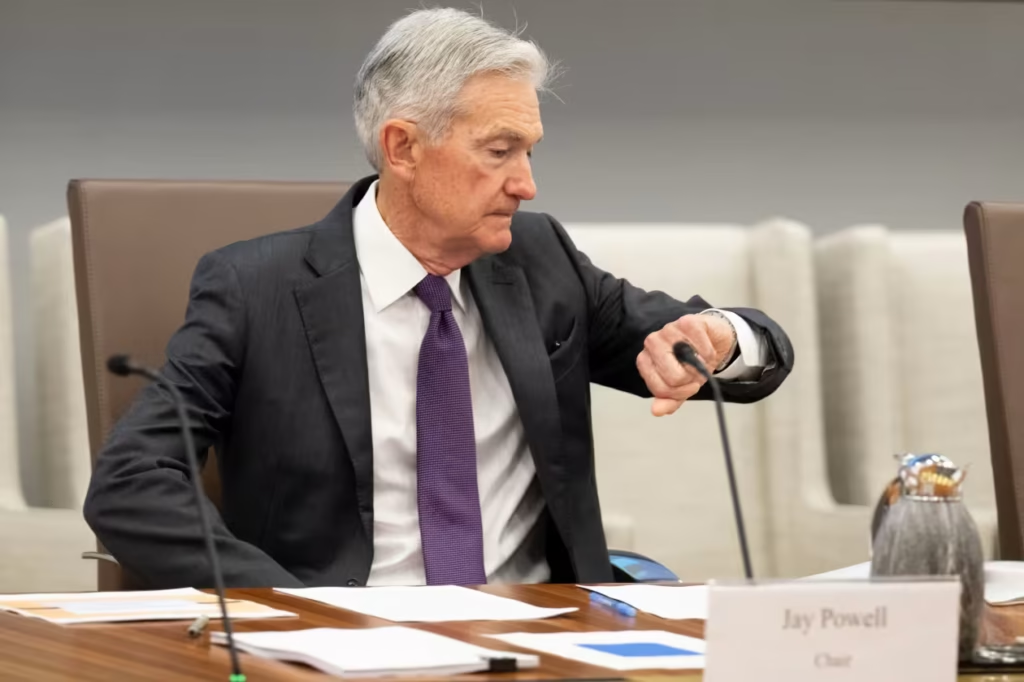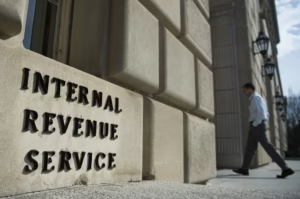The potential for interest rate cuts by the Federal Reserve is causing the market to become more and more excited, but London-based strategists at JPMorgan say the rationale for the cuts is unlikely to be good for equities.
According to strategists led by Mislav Matejka, markets have already incorporated an additional 18 basis points of Fed easing in the past few weeks. However, they claim that there are three kinds of cuts:
The Fed cutting because activity is obviously slowing down would be the first option.
The ideal, or Goldilocks, situation would be robust growth with low inflation, which would relieve pressure on consumer spending power.
The third would be making cuts “possibly in the background of the U.S. administration pushing for lower rates,” even as some inflation pressure is beginning to manifest.
The first and third scenarios—where activity slows down but inflation increases—are what the strategists anticipate happening in some mix.
“If this outlook gains traction, we think that investors will be disappointed,” the strategists state.
They point out that the Fed has restarted the easing cycle six times since 1980 following a halt. Usually, the dollar DXY declined before the cuts and continued to decline subsequently. Bond yields fell as well (BX:TMUBMUSD10Y). The strategists at JPMorgan say they anticipate lower U.S. bond yields and, in most cases, new lows for the U.S. currency.
After years of caution, JPMorgan is reiterating its overweight on emerging-markets stocks (EEM), which historically do well when the Fed eases. On the other hand, they anticipate that European stocks will continue to stagnate.
When comparing the performance of the U.S. and European stock markets, industries such as technology, healthcare, utilities, and staples often do better than industrials and financials when the Fed makes cuts after a protracted delay.
Even if the S&P 500 SPX reached a new high on Friday, Europe is outperforming it with its 5% gain so far this year. The Vanguard FTSE Europe VGK, a well-known ETF, has increased by 21% so far this year.





